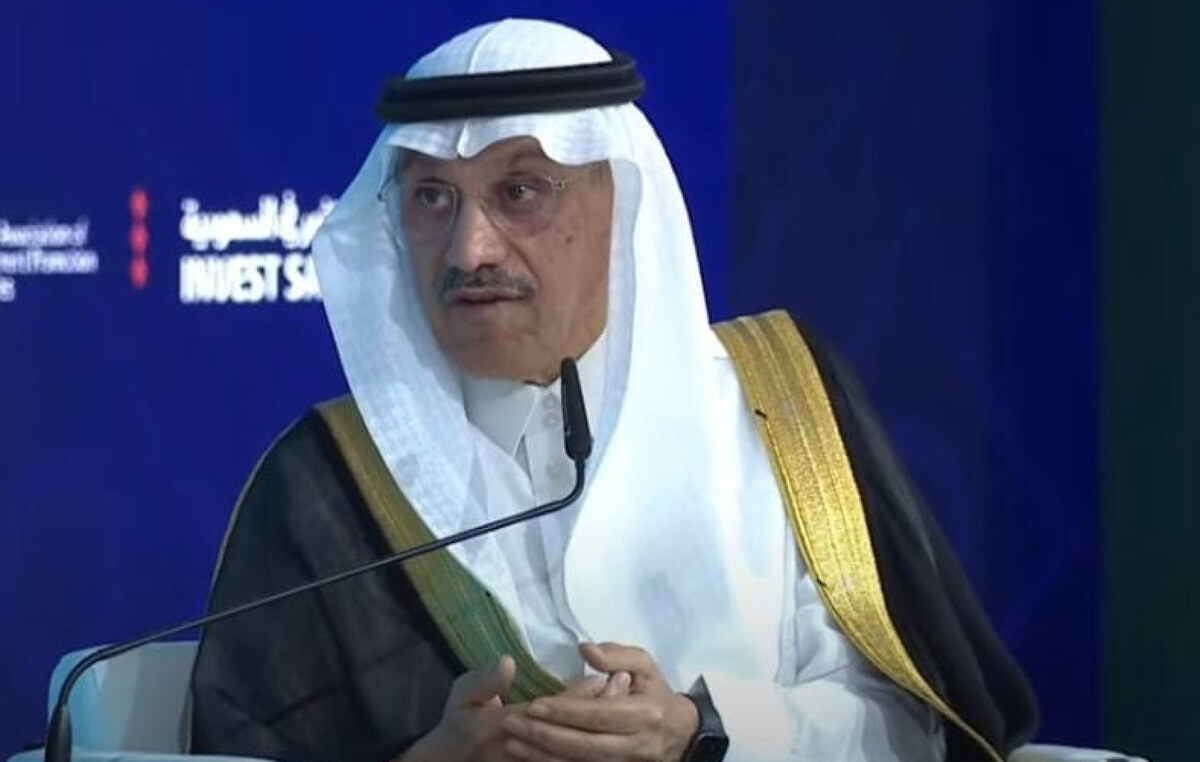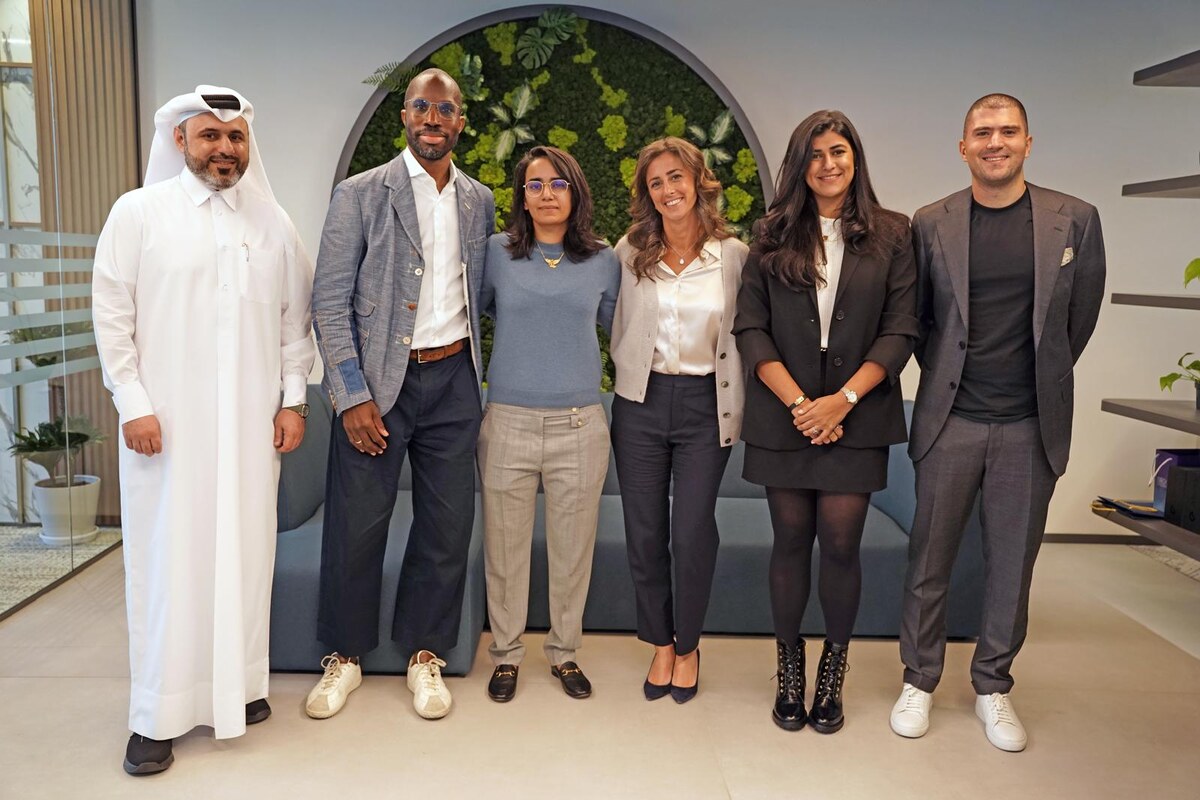RIYADH: Saudi Arabia has established itself as a global growth platform for investments, driven by the Kingdom’s Vision 2030 program, which has propelled the expansion of sectors like tourism, a senior minister said.
Speaking at the World Investment Conference in Riyadh, Saudi Minister of Economy and Planning Faisal Al-Ibrahim highlighted that evolving sectors like tourism are playing a crucial role in sustaining the momentum of the Kingdom’s non-oil economy.
The National Tourism Strategy, initially targeting 100 million visitors annually by 2030, surpassed its goal in 2023, prompting the Kingdom to revise its target to 150 million visitors by the decade’s end.
Tourism’s gross domestic product contribution is set to rise from 6 percent to 10 percent, underlining its impact on Saudi Arabia’s economic trajectory.
Al-Ibrahim attributed this progress to deliberate diversification efforts, emphasizing that Vision 2030 has enabled the Kingdom to unlock inherent potential and foster collaborations with private and global partners.
“Saudi Arabia, today is a global growth platform. Maybe actually today, the Kingdom is ‘the’ global growth platform. And, we have been lucky enough to prove the power of diversification over the last few years. Tourism is growing fast, and it is helping Saudi Arabia’s non-oil growth remain steady and high for the past 15 quarters,” said Al-Ibrahim.
He added: “Saudi Vision 2030 is producing results and returns. We are unlocking immense inherent potential everywhere we go.”
Al-Ibrahim also mentioned that they had “a strong and deliberate start with Vision 2030.” He explained that since then, much of what had happened had been built on political will, cascading with various constituents, and collaboration with the private sector. This, he noted, “has led to the momentum we see today.”
Al-Ibrahim also underscored that non-oil activities now constitute 52 percent of Saudi Arabia’s real gross domestic product, with the Kingdom’s fixed capital formation climbing to 25 percent of GDP, up from less than 12 percent pre-Vision 2030.
According to the minister, Saudi Arabia is connecting people and countries to new markets by offering an investment-friendly environment.
“Saudi Arabia is becoming a more competitive and foundational platform for people who want to access new markets. The Kingdom is playing, not an anchor of stability role, but actually a promoter and driver of stability,” said Al-Ibrahim.
Discussing global cooperation, the minister noted that Saudi Arabia has been invited to join BRICS, but the decision is currently under assessment, with the final outcome to be unveiled in due course.
He added that Saudi Arabia is unique in opening new sectors, such as entertainment, while also strengthening existing industries like energy, defense, and healthcare.
“We have many sectors that existed before, but there is a lot of knowledge that has been accumulated in these sectors. We are moving from traditional hydrocarbon energy to renewables, to carbon removals, to green hydrogen, which requires a lot of innovation and collaboration,” said Al-Ibrahim.
Earlier this month, a report from the Kingdom’s Ministry of Investment highlighted that the entertainment sector is expected to create 450,000 jobs and contribute 4.2 percent of GDP by 2030.
The report also revealed that the entertainment sector is driving growth in tourism, with inbound visitors reaching 6.2 million in 2023, a 153.3 percent increase from the previous year.
IsDB’s efforts
During the same panel discussion, Muhammad Sulaiman Al-Jasser, chairman of the Islamic Development Bank Group, emphasized the institution’s efforts to empower its member countries’ growth.
Al-Jasser underscored the importance of basic infrastructure development as a foundation for economic progress, especially among IsDB member nations.

Muhammad Sulaiman Al-Jasser, chairman of the Islamic Development Bank Group, emphasized the institution’s efforts to empower its member countries’ growth.
“We at the IsDB are very much concerned about the evolution of our member countries in terms of economic growth and development. We also know that the most basic element of any economic development starts with basic infrastructure,” said Al-Jasser.
He added: “We listen very carefully to our members. We don’t tell them what they need to do. But we listen to them and agree on the activities and strategic projects.”
Al-Jasser stressed the need for strong policy frameworks to attract investors.
“We have to advise our members that predictability of policies and robustness of regulatory frameworks are very important. Because investors have so many options, they will pick and choose. They will cherry-pick,” he added.
Since its inception in 1975, IsDB has financed projects worth over $190 billion across member countries while maintaining a ‘AAA’ credit rating.
In July, Moody’s affirmed the bank’s AAA rating with a stable outlook, citing its strong risk profile, low leverage, and robust liquid assets relative to debt.
Regional perspectives
Speaking at the same panel discussion, Samir Abdelhafidh, Tunisia’s minister of economy and planning, said that the country considers trade and foreign direct investment key potential drivers for economic growth and development.
Abdelhafidh added that Saudi Arabia and Tunisia could potentially collaborate in multiple industries, including renewable energy, transport and logistics, minerals, tourism, and the information technology sector.
For his part, Hassan El-Khatib, Egypt’s minister of investment and foreign trade, said that the country is implementing the right policies to attract foreign direct investment, which will play a crucial role in catalyzing its economic growth.
El-Khatib also invited private companies to invest in Egypt, stating that the country offers clarity and predictability in policies, which could boost investor confidence.
























